We were lucky to catch up with Fran Abrams recently and have shared our conversation below.
Fran, thanks for taking the time to share your stories with us today Can you talk to us about a project that’s meant a lot to you?
The most meaningful project I’ve worked on has been the writing and publication of my memoir titled “I Rode the Second Wave: A Feminist Memoir. (Atmosphere Press, 2022). It is a collection of narrative poems that tells the story of my career and family during the second wave of feminism through the eyes of one who lived it. I chose to write my story to fill what I perceive as a gap in women’s history books. There are many excellent books about the women’s revolution, but not from the perspective of someone whose life took her from societal norms to a professional career combined with marriage and motherhood in that time period.
After a 41-year career in government and nonprofit agencies, and a stint as a visual artist, I decided at the age of 73 that I wanted to learn how to write poetry. When I asked myself why, I realized that poetry would allow me to write this memoir tying together events from my life with what was happening with regard to women and other social issues in our country. Many of these issues remain relevant today, such as the lack of affordable child care for all families who need it. The memoir makes it clear that the work of the women’s revolution is not finished.
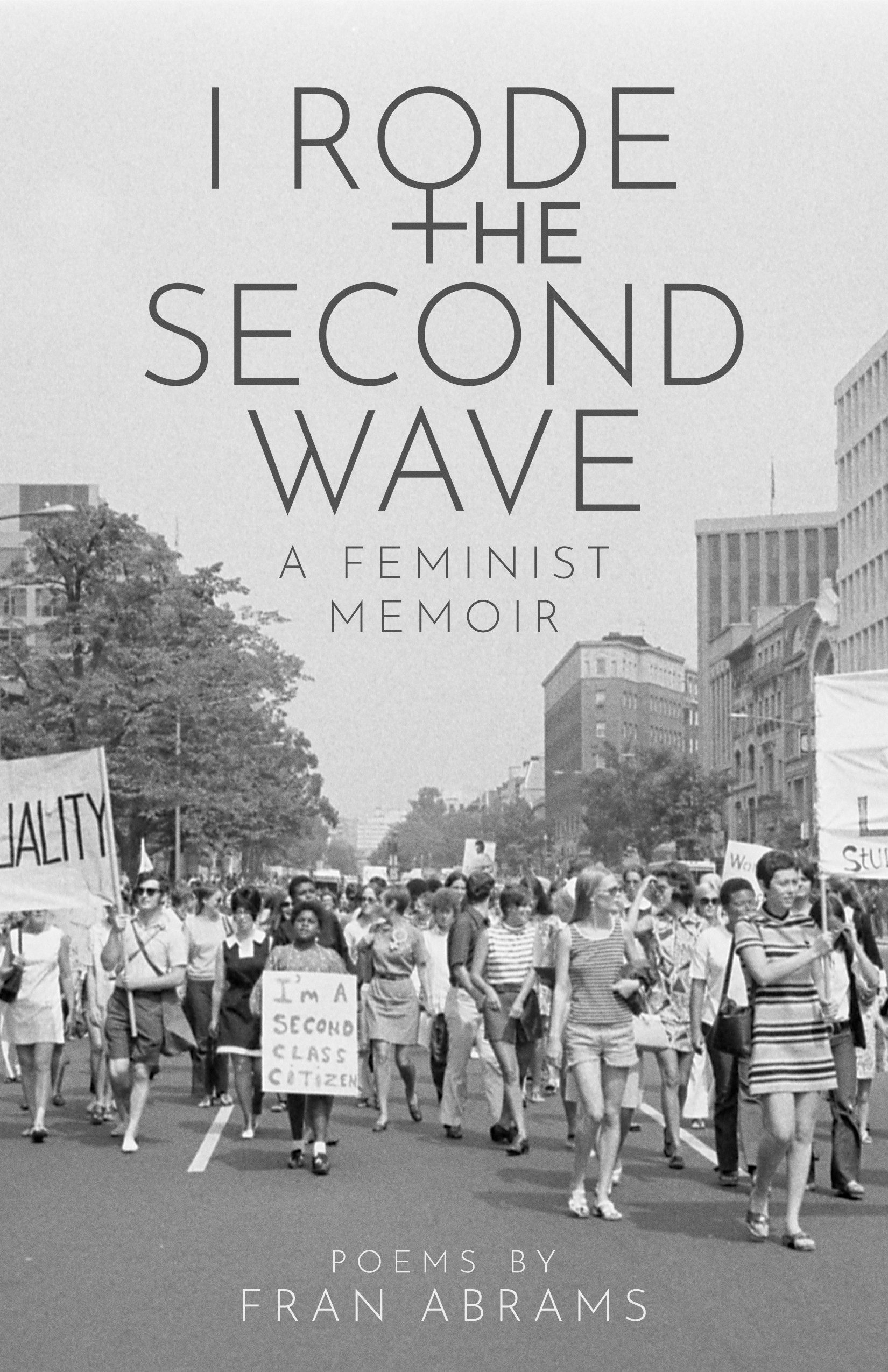
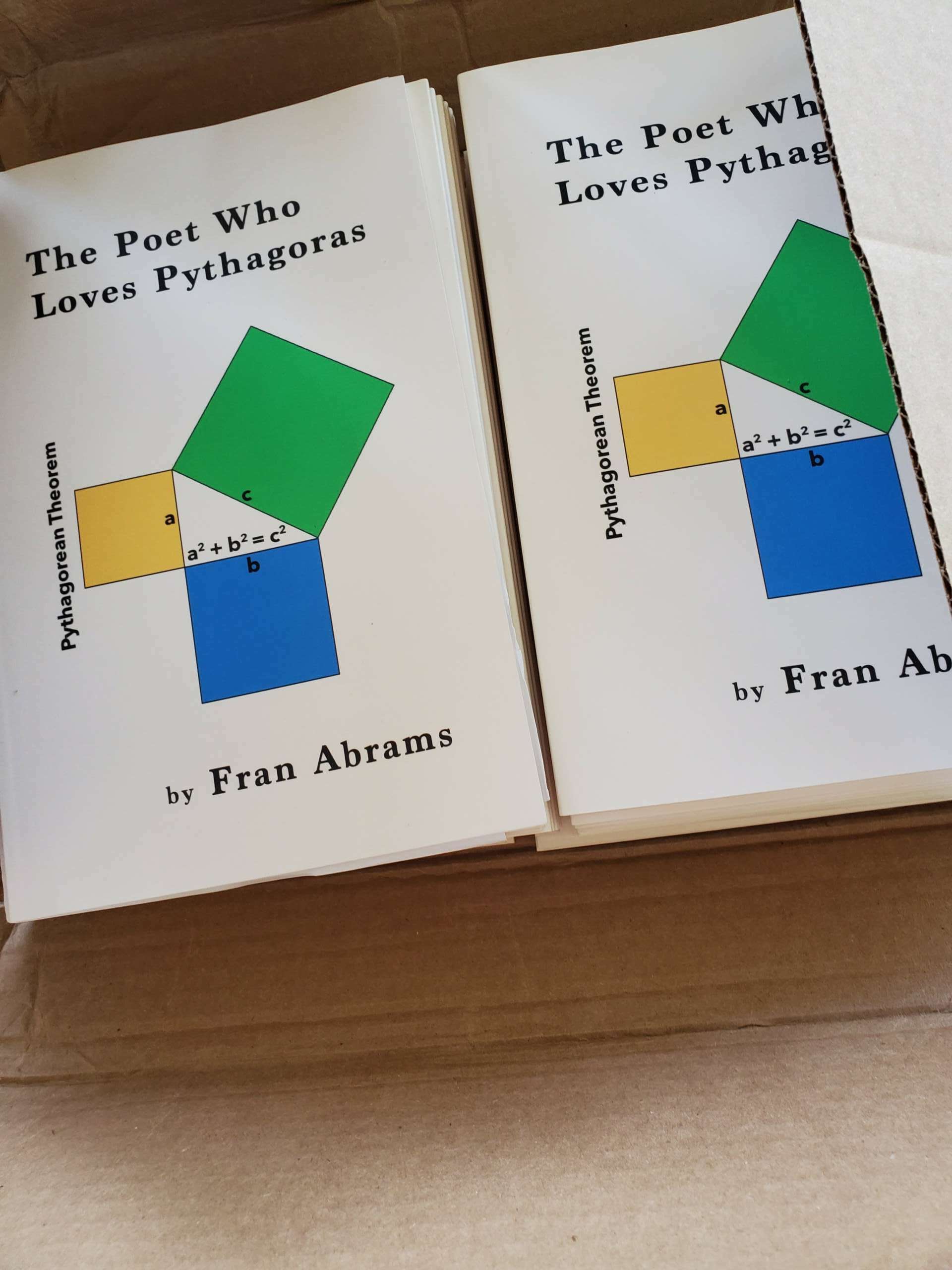
As always, we appreciate you sharing your insights and we’ve got a few more questions for you, but before we get to all of that can you take a minute to introduce yourself and give our readers some of your back background and context?
I have always been an artist and someone who loves math. My father was a budget analyst for the Federal government for his entire career; numbers never intimidated me. In junior high, I dreamed of being a fashion designer. My math teacher encouraged me to study math in college, but my art teacher wanted me to study art. I went to college to study architecture, thinking it was a combination of both, but found it was not a career friendly to women in the early 60s.
I graduated with a major in art and architecture and went to graduate school to major in urban planning. This led me to a job with the County government where I discovered I had an aptitude for management. I moved from there to nonprofit organizations during my 41-year career. All of my jobs were located in Montgomery County, MD. I married and had two daughters while working full-time from 1969 – 2010. In the earlier portion of that time period, it was not typical for women to be working in managerial positions and to have a family,
Throughout those 41 years, I wrote many, many reports, memos, and other bureaucratic necessities. I found that I enjoyed writing and had learned more about writing in high school than I had realized. After leaving the County Government in 1979, I helped to found a child care resource and referral service for families in Montgomery Couty, MD, a need that was becoming more evident as more women entered the workforce.
In 2000, as I prepared for retirement, I immediately turned to visual arts where I had begun my education. I created art (www.franabrams.com), exhibited it in galleries, and from time to time, sold some pieces. In 2016, I was serving as president of the nonprofit cooperative gallery where I showed my art. The gallery had the opportunity to move to newly built space, provided we completed a lengthy application much like grant applications I had written in the past. I surprised myself at how much I enjoyed writing that 26-page application and it hit me then that I missed writing on a regular basis.
Feeling burned out in my visual art efforts, I thought about writing again, but knew I did not want to write grant applications and materials like I had when I was working. I decided that writing poetry was as far away as I could get from my earlier writing and began attending poetry readings in the local area to listen to contemporary poets. I fell in love with poetry. In 2017, I started taking classes at The Writer’s Center in Bethesda, MD (www.writer.org) and took almost every class they offered about the craft of poetry and how to get published.
And I did get published, first in journals. Then I decided to try writing a complete collection of poems. That is when I wrote “I Rode the Second Wave: A Feminist Memoir” with one of my earliest poetry instructors as my coach. That was published in 2022. After that I wrote two short collections, known as chapbooks. The first is titled “The Poet Who Loves Pythagoras” (Finishing Line Press, 2023). The second is “Arranging Words” (Quillkeepers Press, 2023)
I continue to have poems published in literary journals. And I have two more manuscripts written that I hope to get published.
As I turn 80 in 2024, I want to continue writing from the perspective of a woman who has lived through interesting times and isn’t afraid to write about it. I also write as someone whose experiences have led to a somewhat sardonic attitude. Both of my chapbooks are light-hearted with a bit of whimsy and humor. If you think you don’t like poetry, I urge you to try these books.
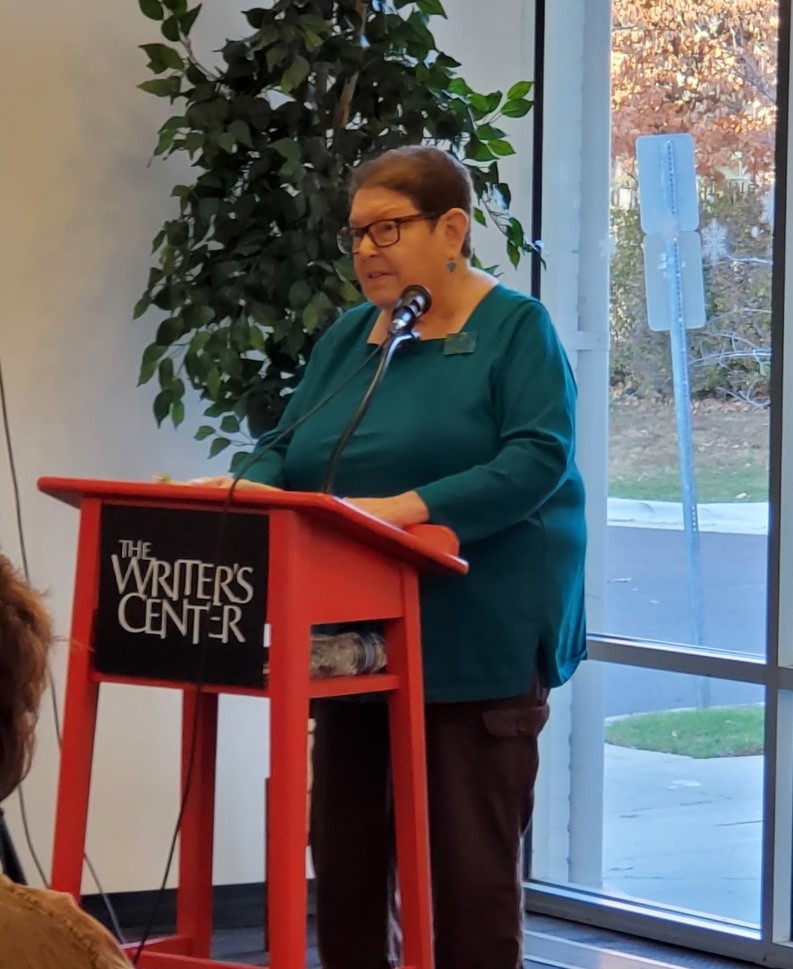

What’s the most rewarding aspect of being a creative in your experience?
The most rewarding aspect of being a poet is sharing my work with others. And poetry, once it’s published, can be widely shared. I like to think that somewhere along the way, my poems move a reader or challenge them to think about everyday issues from a perspective they haven’t considered before.
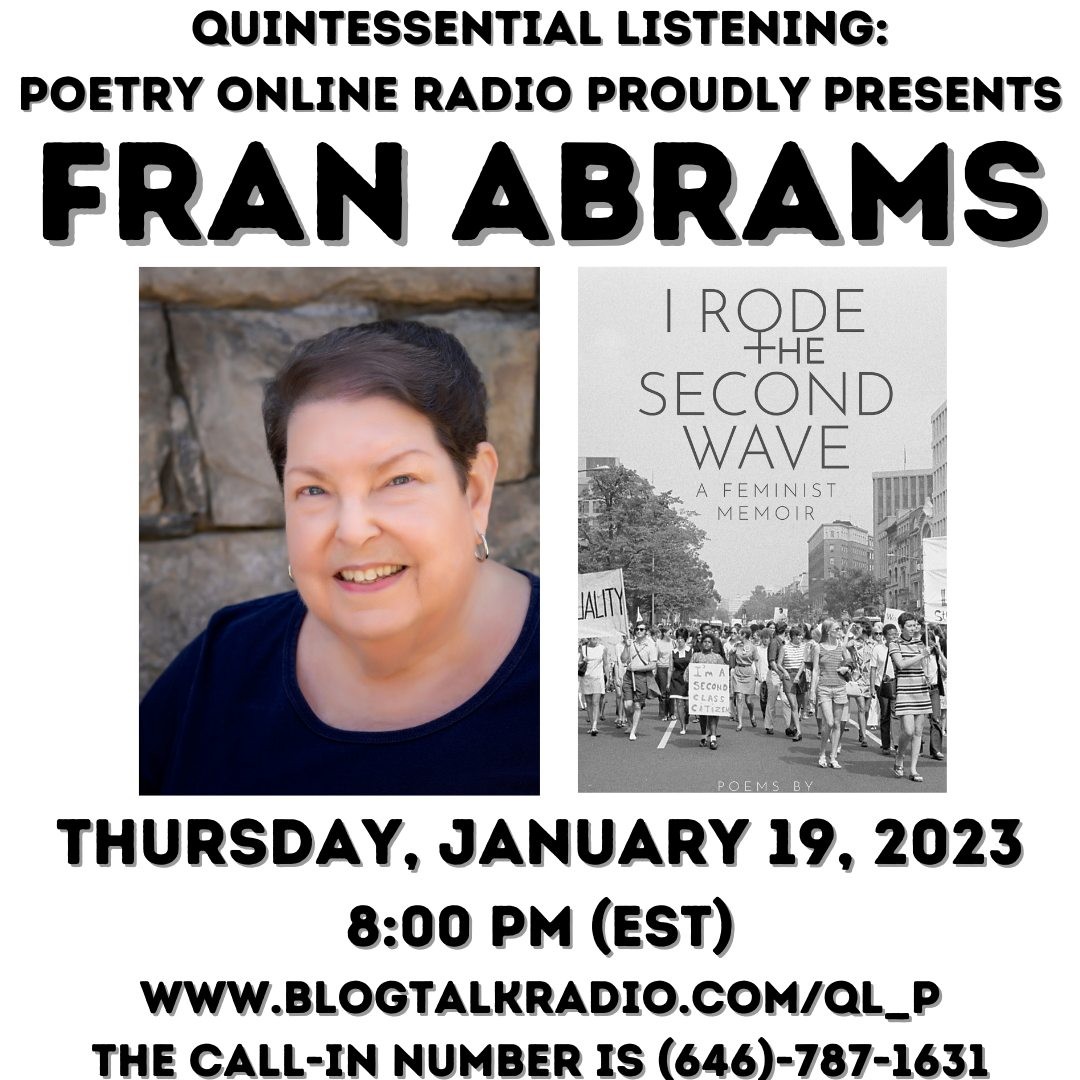
Is there something you think non-creatives will struggle to understand about your journey as a creative?
I think creatives and non-creatives both ponder how it is possible to survive getting so many rejections and still continuing to write and submit work. I get asked whether it’s painful to be told, “No, we do not wish to publish your work.” It’s not uncommon in our field to learn that someone’s manuscript was rejected 22 times, for example, before being offered a publishing contract.
To me, it’s important to remember that any form of art is a matter of taste. You would not, I hope, purchase a piece of visual art to hang in your living room if you don’t enjoy looking at it. Making a match with a publisher is a lot like that. Why would a publisher agree to put your book out into the world if they don’t like it? And whether they like it is a question of taste. It either suits them or it doesn’t.
Bearing that in mind, I think it is more important to keep submitting until you find your match than to grumble about another rejection. It may reflect on your skill and revisions may be needed, but it is likely to depend on what the publisher is looking for and whether they have found it in your work. Keeping that in mind keeps me on my writing journey.
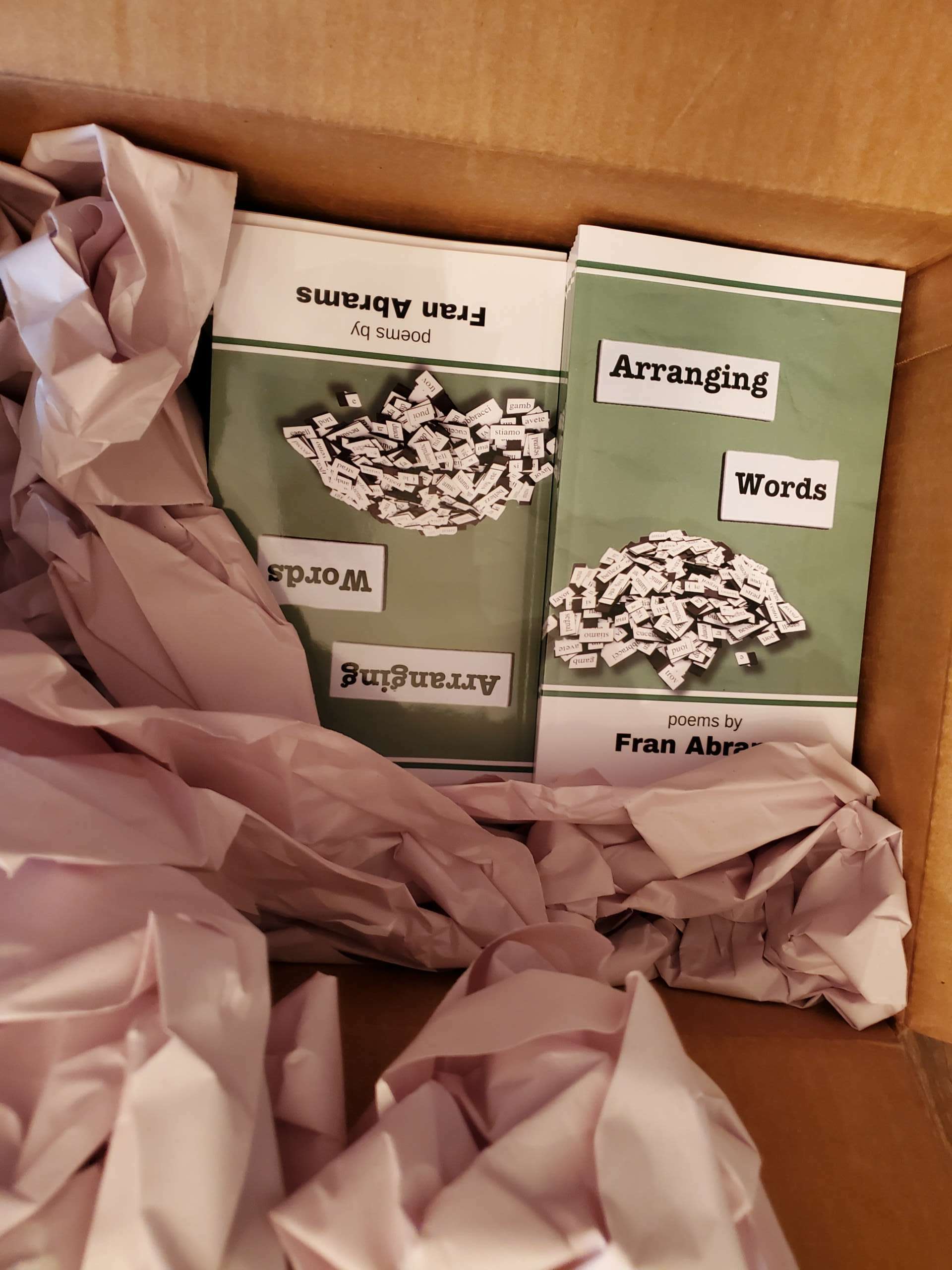
Contact Info:
- Website: http://franabramspoetry.com
- Facebook: Fran Abrams, Poet (https://www.facebook.com/profile.php?id=100086920783601)
Image Credits
Headshot by Jaree Donnelly, Arts Entwine


